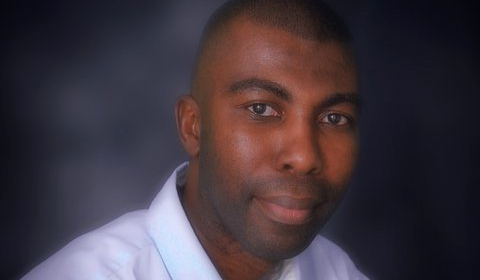
Stress is an everyday fact of life, which affects us all in different ways and to varying degrees. It is provoked by a change in the status quo, something Air Traffic Controllers are too well aware of. The profession therefore contends for the number one spot on the list of most stressful jobs.
Stress is an everyday fact of life, which affects us all in different ways and to varying degrees. It is provoked by a change in the status quo, something Air Traffic Controllers are too well aware of. The profession therefore contends for the number one spot on the list of most stressful jobs.
To be balanced, stress is not all bad. We need to be stimulated in order to stay active and feel productive. The absence of stress leads to boredom, which is an undesirable condition for the ATC profession. Too much stress, however, causes overload and our work will suffer.
Stress is defined as pressure or tension exerted on an object. With people, however, there is no absolute level of pressure that produces stress. It differs from person to person and varies from time to time with the same individual.
How stress is induced in ATC
When an Air Traffic Controller is presented with a conflict (the change), the natural body mechanism triggers the flow of chemicals like adrenaline and cortisol into the bloodstream, which prepares the body to ‘fight’ or ‘flight’. Since ATC is not a physical task, ‘fight’ or ‘flight’ are not options available to the Air Traffic Controller. He must mentally assess the situation then quickly provide a resolution in the form of instructions to each aircraft.
The conflict gets resolved, but the body remains charged with these extra chemicals. Another conflict arises and the cycle repeats itself. A multiplicity of such conflicts occurs in a single tour of duty.
We always have a certain amount of stress hormones in our body dictating activity and energy. If the amount of stress hormones is over a certain threshold we tend to react through that part of the brain known as the hypothalamus or the reptile brain, becoming very aggressive.
By its very design, the fight or flight response would create immense amounts of muscle movement and physical exertion. This physical activity effectively metabolizes the stress hormones that were released and returns the body and mind to a state of calm.
Unfortunately, when fight or flight (or physical activity) does not occur, and inactivity goes on unabated, chronic stress can result. Sufferers of chronic stress often develop typical psychosomatic symptoms and diseases like headache, migraine, back pain, digestive problems and hypertension.
Counteracting Stress
The simplest and best way to return the body and mind to a state of calm is by physical exercise. Remember that the natural conclusion of fight or flight is vigorous physical activity. By exercising to the point of sweating, we effectively counteract the ill effects of the fight of flight response, drawing it to its natural conclusion.
Exercise increases our natural endorphins, giving us a euphoric feeling. This good feeling helps us to think clearly, and access our positive beliefs. Relieving stress by means of exercise is like putting a cranky child to nap.









3 Responses
I never knew all that went on in the life of an ATC. I always presumed that you guys -and gals- could do that stuff in your sleep.
It’s very differnt from most of my working days but… I have brainstormed your predicament and came up with a brilliant solution. Have the autorities install a punching bag in the Tower.
Abracadabra!!! problem solved.
Happy punching, guys and gals.
What Wayne misses is the one chronic disease we suffer from due to the stress hormone levels…….Obesity is a constant threat. Stress eating is the common response, as there is no physical release at the time the hormones peak. As with all Americans in general, once out of the workplace, we do not think of getting physical exercise first. It falls near the back of all other responsibilities, even though being responsible for yourself should lead the pack. We let family and life force us to conform to them, and we end up fighting weight issues, which is part of all the heart related and diabetes issues that result. ATC ranks right up there, in most studies, with firefighting, police services, and such-except, again, we are essentially tethered to the position, or at least the building, with few exercise opportunities WHEN UNDER THE STRESS. Oh well.
[…] I have never personally tried meditation, but my research tells me that it acts against your “fight or flight” hormones. A hormone that is constantly produced when air traffic controllers have aircraft conflicts to deal […]